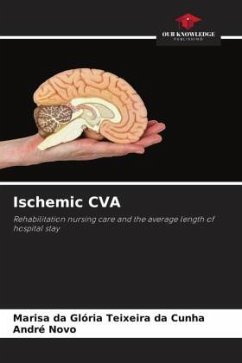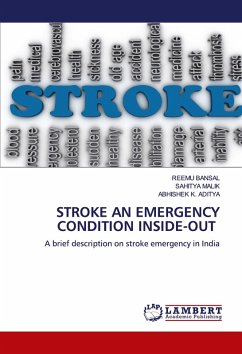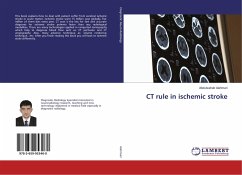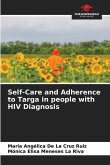Stroke is a disease that entails long periods of hospitalization, resources and health costs. It is one of the main causes of death and disability, leaving numerous sequelae that restrict functionality and independence in activities of daily living. The Rehabilitation Nurse Specialist has a set of skills that enable them to respond to the specific needs of these patients, preventing, recovering and rehabilitating them. We are facing a context of severe budgetary restrictions in which there is a high level of public spending restraint. However, we are required to be efficient and respond to the health needs of citizens in terms of the provision of care and without loss of quality. The average length of hospital stay is an important indicator for gauging the efficiency and quality of healthcare establishments. The main aim of this study is to find out whether the intervention of Rehabilitation Nurse Specialists with ischemic stroke patients affects the average length of hospital stay.
Bitte wählen Sie Ihr Anliegen aus.
Rechnungen
Retourenschein anfordern
Bestellstatus
Storno








